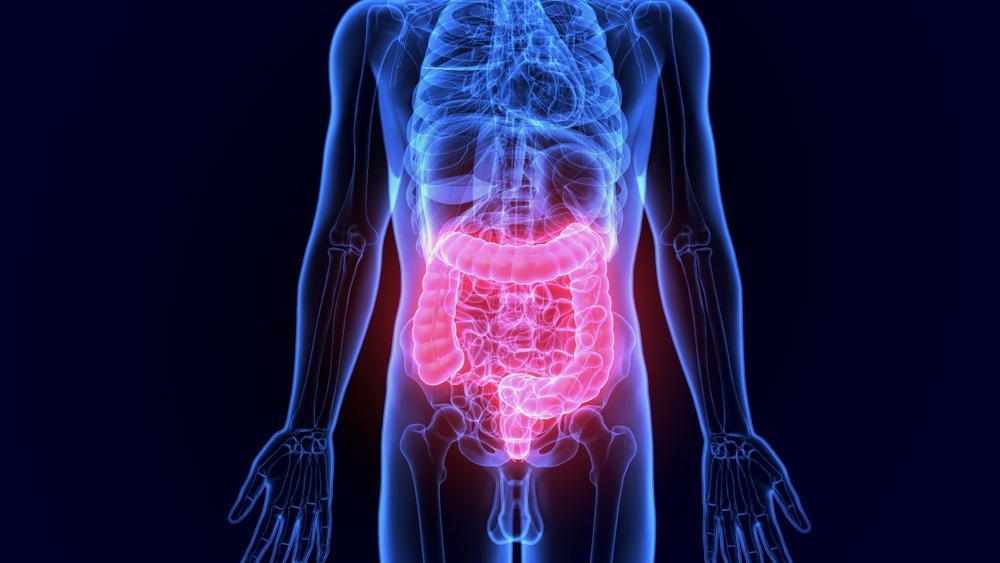A recent study shows a key mechanism by which anti-CTLA-4 antibodies create inflammatory toxicities during anticancer immune checkpoint inhibitor therapies: microbiota-reactive T cells cause colitis in mice harboring the microbiota of wild-caught mice after CTLA-4 blockade. The results might help create CTLA-4 inhibitors of the next generation that stimulate anticancer immune responses without causing gastrointestinal disorders.

Image Credit: Life science/Shutterstock.com
Immune checkpoint inhibitors are commonly employed in cancer immunotherapies to enhance antitumor immune responses in a variety of human malignancies. They can, however, cause inflammatory toxicities known as immune-related adverse events (irAEs).
Colitis, a chronic intestinal condition marked by inflammation of the colon's inner lining, is a common and severe irAE that can lead to treatment termination, particularly in patients receiving antibodies targeting the checkpoint inhibitor protein CTLA-4.
It is unclear how the gut microbiota functions and what immunological mechanisms underlie immune checkpoint blockade (ICB)-induced colitis in patients, since conventionally raised laboratory mice are extremely resistant to intestinal inflammation after receiving treatment with antibodies targeting immune checkpoints.
Bernard Lo and colleagues wanted to see if mice with a restored intestinal microbiota generated from wild-caught mice (wild mouse microbiome-reconstituted or WildR mice) would be a better model system for ICB-induced colitis.
Lo et al. discovered that, unlike traditionally maintained particular pathogen-free mice, WildR mice develop strong colitis after anti-CTLA-4 antibody therapy, and that the inflamed tissues in these mice exhibit multiple clinical ICB-associated colitis characteristic features.
The results demonstrate that colitis caused by CTLA-4 blocking in mice is reliant on the nature of the gut microbiota and is caused by the unchecked activation of a fraction of regulatory T cells in the gut by receptors that recognize the Fc domain of the anti-CTLA-4 antibodies employed in CTLA-4 ICB treatments.
According to Lo et al., anti-CTLA-4 nanobodies missing the Fc domain can stimulate antitumor responses without causing colitis. This suggests a potential method for reducing gut IrAEs while maintaining the anticancer benefits of CTLA-4 blockade treatments.
Journal Reference:
Lo, B. C., et. al. (2023) Microbiota-dependent activation of CD4+ T cells induces CTLA-4 blockade–associated colitis via Fcγ receptors. Science. doi:10.1126/science.adh8342.